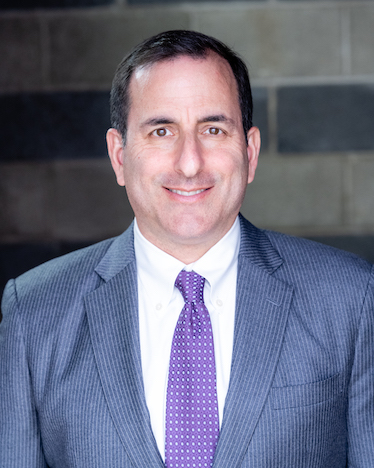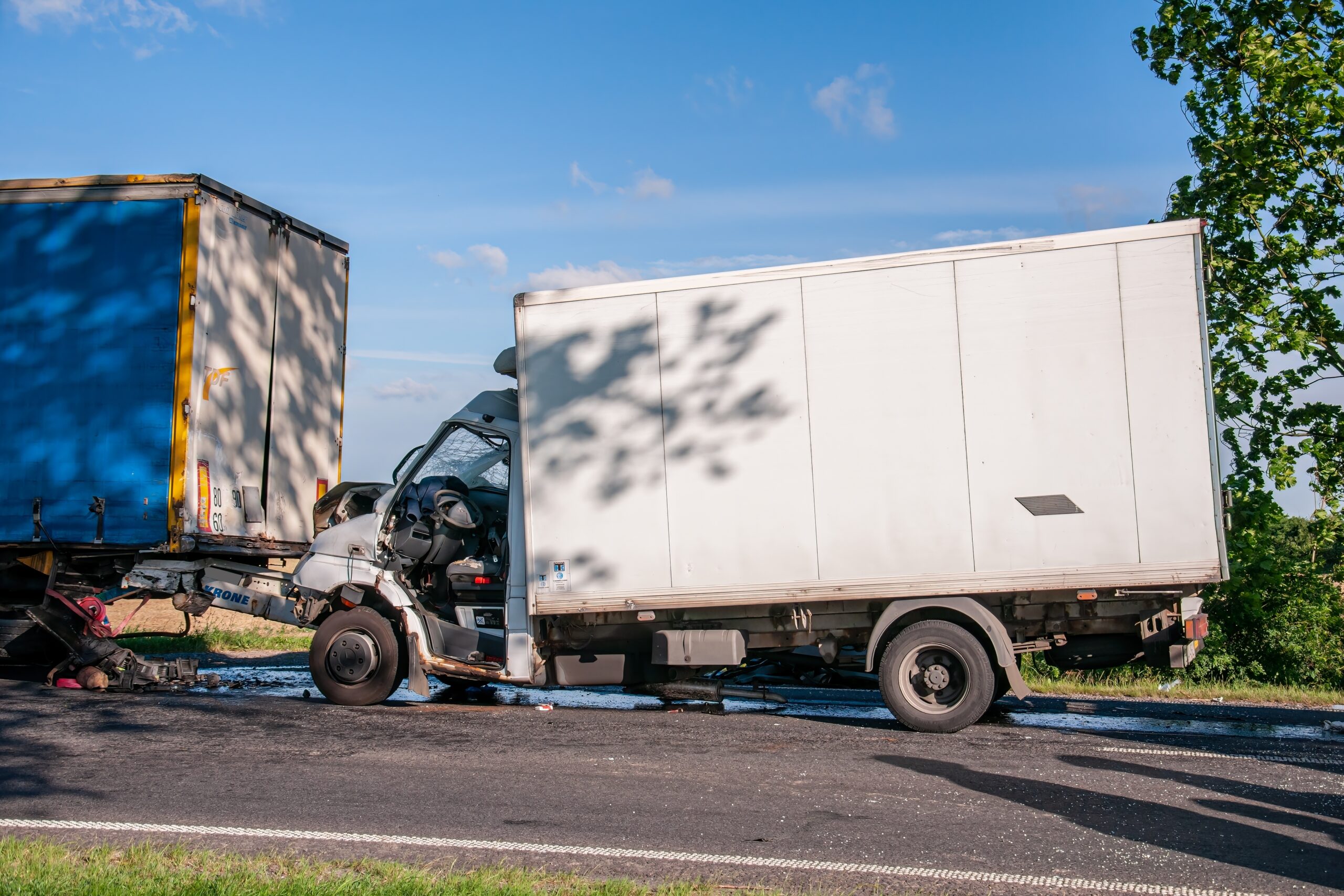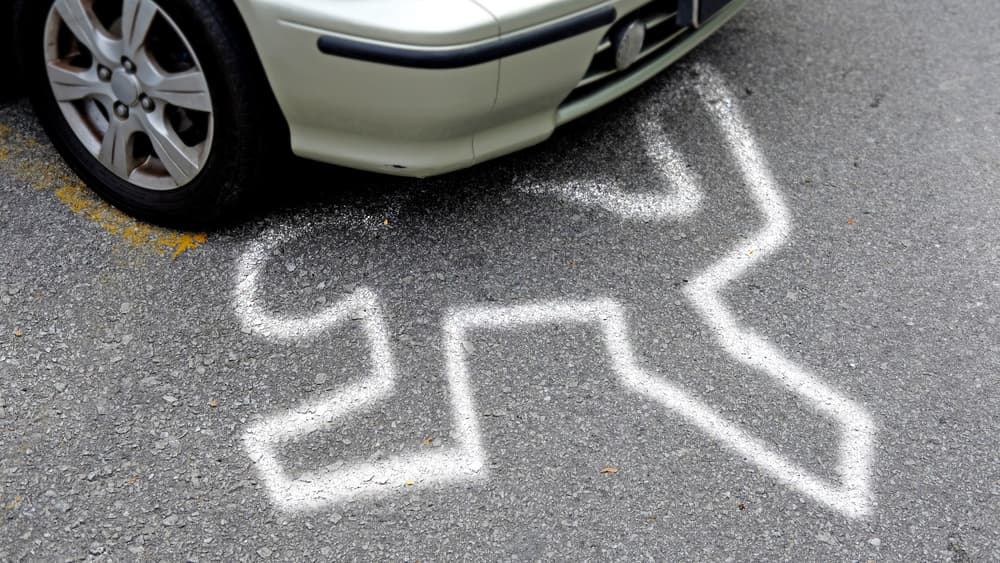When other motorists drive carelessly and irresponsibly, such as by violating traffic laws or engaging in drunk driving, they may cause an accident, which leads to fatal injuries. In these unfortunate situations, surviving family members may be eligible to file a wrongful death claim or lawsuit, seeking various types of financial compensation.
A knowledgeable and compassionate wrongful death attorney in your area can review the car accident circumstances with you and explore your legal options for moving forward. Your attorney can then take legal steps to seek the monetary compensation and justice you and your family need.
Who is Eligible to Pursue a Wrongful Death Claim or Lawsuit?
In the event of a wrongful death in a car accident, the law in a specific jurisdiction stipulates who is eligible to file a claim. The primary party eligible to initiate such a claim is typically the personal representative of the deceased person's estate. This representative is often named in the deceased's will or appointed by the court if no such designation exists.
Spouses of the deceased person also hold eligibility to file a wrongful death claim. To discuss your legal options and understand the potential compensation for your injuries, consult with an experienced personal injury attorney. This acknowledgment recognizes the effect of the loss on the surviving spouse, both emotionally and financially.
Children of the deceased are also eligible to file a wrongful death claim. This category includes minor and adult children, who may pursue damages individually or collectively, depending on the circumstances. If the deceased has no surviving spouse, the children may take on a more central role in the legal process.
Parents of the deceased may have eligibility to file a wrongful death claim, particularly if the deceased had no surviving spouse or children. In such instances, parents may seek compensation for the loss of their child, acknowledging the emotional and often financial repercussions associated with the untimely death.
In situations where the deceased person had no surviving spouse, children, or parents, other individuals who were financially dependent on the deceased may be eligible to file a wrongful death claim. This might include stepchildren, adopted children, or individuals who can demonstrate a significant reliance on the deceased for financial support.
It's important to note that the eligibility to file a wrongful death claim may evolve based on the case's specific circumstances. Navigating the legal complexities of wrongful death claims often involves consulting with an attorney who can assess the familial relationships, financial dependencies, and other factors to determine the most appropriate parties eligible to pursue legal action. Understanding the specific criteria for eligibility is crucial in initiating a wrongful death claim that seeks just compensation for the losses suffered.
Types of Car Accidents that Might Lead to a Wrongful Death Claim or Lawsuit
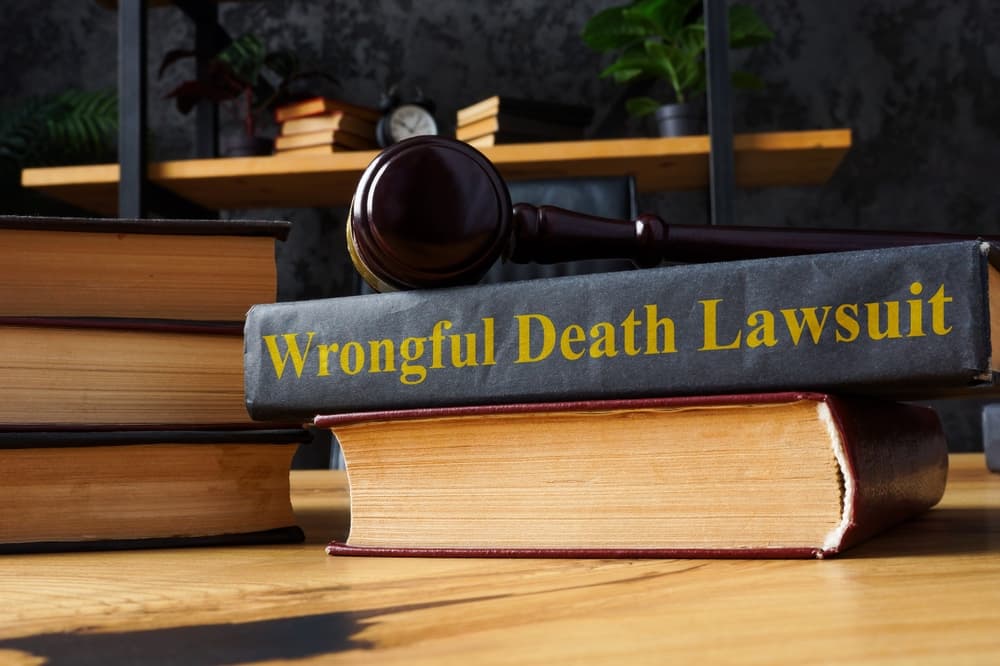
Car accidents resulting from someone else's negligence can tragically lead to wrongful death claims or lawsuits. One common scenario is reckless driving, where excessive speed, aggressive maneuvers, or disregard for traffic laws contribute to fatal collisions. Reckless driving creates a heightened risk of accidents – especially when coupled with factors like impaired driving or distracted behavior, such as texting while driving.
Driving under the influence (DUI) is another significant cause of fatal car accidents. When an individual operates a vehicle while under the influence of alcohol or drugs, their impaired judgment and coordination substantially increase the likelihood of severe accidents. DUI-related fatalities can result in wrongful death claims against the intoxicated driver, holding them accountable for their negligent actions.
Distracted driving, often involving texting, talking on the phone, or using in-car entertainment systems, also poses a considerable risk on the road. Distracted driving can result in fatal accidents when drivers fail to react in time due to diverted attention. Surviving family members may pursue wrongful death claims against distracted drivers who caused the fatal collision.
Fatigue-induced accidents are another potential cause of fatal car crashes. Drivers who operate vehicles while fatigued or exhausted are more prone to lapses in concentration and delayed reactions, creating hazardous conditions on the road. If a fatigued driver's negligence results in a fatal accident, surviving family members may file a wrongful death claim to seek justice for their loss.
Failing to obey traffic laws, including running red lights, disregarding stop signs, or failing to yield the right-of-way, can also lead to fatal accidents. When a driver's failure to adhere to these basic traffic regulations results in the death of another individual, pursuing a wrongful death claim may hold them accountable for their negligence.
Inadequate vehicle maintenance is another common factor contributing to fatal accidents. If a driver neglects necessary maintenance, leading to mechanical failures such as brake malfunctions or tire blowouts, and this negligence results in a fatal crash, surviving family members may seek compensation through wrongful death claims against the responsible party.
Understanding the causes of car accidents due to someone else's negligence is crucial in determining liability and pursuing legal action. Whether it involves reckless driving, impaired operation, distracted behavior, fatigue, traffic violations, or inadequate maintenance, identifying the root cause enables surviving family members to seek justice and compensation through wrongful death claims or lawsuits in the aftermath of a tragic loss.
What Types of Monetary Damages are Recoverable in a Wrongful Death Claim or Lawsuit?
In a wrongful death case resulting from a car accident, various types of monetary damages are recoverable to compensate surviving family members for the losses they incurred. Economic damages represent tangible financial losses directly associated with the wrongful death. Medical expenses, both immediate and anticipated future costs related to the fatal car accident, are recoverable. This includes hospital bills, emergency medical services, and any other healthcare expenses accrued in an attempt to address the injuries that ultimately led to the wrongful death.
Lost income and future earnings constitute another significant component of economic damages. Surviving family members may be entitled to recover compensation for the financial support lost due to the untimely death. This includes the deceased person's income, benefits, and potential future earnings had the wrongful death not occurred.
Funeral and burial expenses are also recoverable economic damages in wrongful death cases. The costs associated with arranging a funeral, burial, or cremation service can place a substantial financial burden on the surviving family. Seeking compensation for these expenses helps alleviate the financial strain of end-of-life arrangements.
Non-economic damages, encompassing intangible losses, are also recoverable in wrongful death cases arising from car accidents. Pain and suffering that the deceased experienced before their death, as well as the emotional distress surviving family members endured due to the loss, may be compensable. While assessing the monetary value of non-economic damages is inherently challenging, it recognizes the emotional toll resulting from the wrongful death.
Loss of consortium is another form of non-economic damages that may be recoverable. This category addresses the deprivation of companionship, guidance, and support due to wrongful death. Spouses, children, and other close family members may seek monetary compensation for the intangible losses associated with the diminished quality of relationships because of the untimely death.
Punitive damages, while less common, may also be available in certain cases to punish the at-fault party for particularly egregious conduct leading to the wrongful death. This serves as a deterrent against future negligence and reinforces the severity of the wrongful actions that led to the fatal car accident.
Understanding the various types of recoverable damages in a wrongful death case arising from a car accident enables surviving family members to pursue a comprehensive claim that addresses the financial, emotional, and relational losses suffered due to the untimely loss of their loved one.
Proving the Legal Elements of a Wrongful Death Claim From a Car Accident
Proving the legal elements of a wrongful death claim stemming from a car accident necessitates a meticulous and comprehensive approach. The foundation of such a claim lies in establishing negligence on the part of the responsible party. First, demonstrating that the at-fault driver owed the deceased individual a legal duty of care. In the context of a car accident, this duty typically involves adhering to traffic laws, maintaining safe driving practices, and exercising reasonable caution to prevent harm to others on the road.
After establishing the duty-of-care element, the focus shifts to demonstrating a breach of this duty by the at-fault party. This involves presenting evidence that showcases the negligent actions or omissions that directly contributed to the car accident. Factors such as reckless driving, distracted behavior, impaired operation, or failure to obey traffic regulations may be key elements in proving the breach of duty.
Causation is a critical component in a wrongful death claim, requiring a clear connection between the breach of duty and the fatal consequences. It involves establishing that the negligent actions of the other driver directly led to the car accident and subsequently resulted in the wrongful death of the individual. Considering proximate cause ensures that injuries and death were foreseeable consequences of the at-fault driver's negligence.
A wealth of evidence is crucial to fortify the legal elements of a wrongful death claim. This encompasses accident reports, medical records, eyewitness testimony, and professional opinions. Accident reconstructionists may provide valuable insights into the dynamics of the collision, helping to establish the sequence of events and clarify the causal link between the other driver's negligence and the fatal outcome.
The emotional and financial effect of the wrongful death constitutes another significant aspect of the claim. Presenting evidence of the surviving family's emotional distress, loss of companionship, and financial dependence on the deceased individual reinforces the non-economic damages sought in the lawsuit.
Engaging the services of a skilled wrongful death attorney is instrumental in navigating the legal complexities of proving a wrongful death claim. Legal professionals can gather, analyze, and present the evidence, ensuring a robust case that addresses each legal element. Ultimately, a compelling case builds upon the meticulous establishment of duty, the demonstration of a breach, the clear link of causation, and comprehensive evidence substantiating the losses that the surviving family suffered due to the wrongful death.
What Happens at a Wrongful Death Trial?
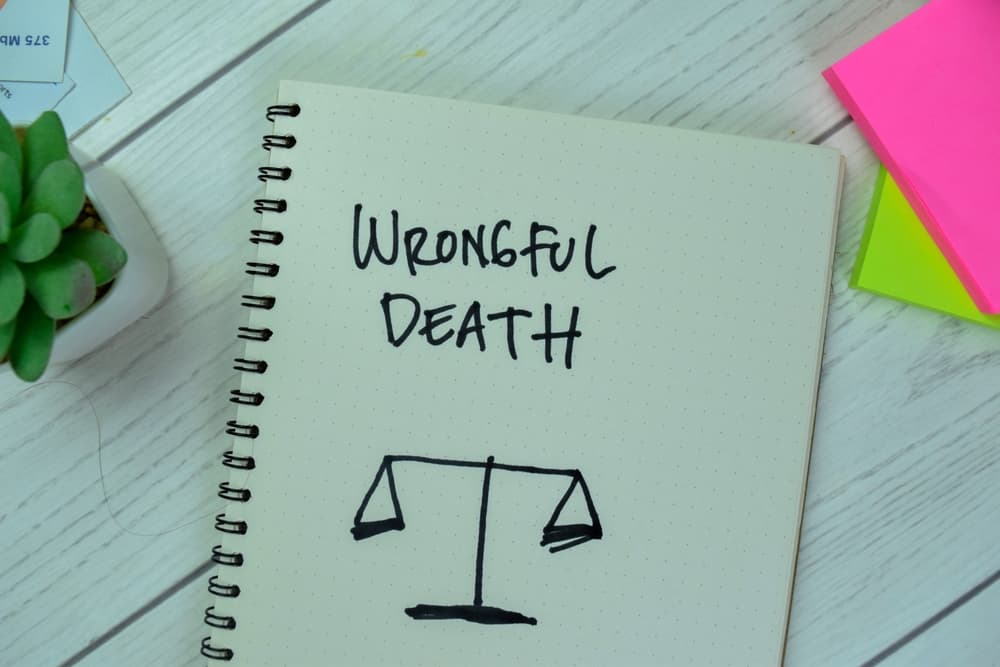
The litigation process in a wrongful death case is a multifaceted legal journey that unfolds in distinct phases. Commencing with the filing of a complaint, the plaintiff – typically the surviving family or personal representative of the estate – sets forth their grievances against the at-fault driver (or defendant), outlining the circumstances leading to the tragic loss of life.
After filing the complaint, the defendant responds, presenting their side of the story. This initial exchange of legal volleys sets the stage for a process known as discovery, where both parties engage in comprehensive fact-finding. Depositions, interrogatories, and document requests become integral tools in unearthing evidence and shaping the narrative presented during the trial.
As the litigation progresses, pre-trial motions may come into play. Parties can file motions to dismiss or motions for summary judgment, testing the strength of each party's case. Successful motions may narrow the issues for trial.
The courtroom becomes the figurative "battleground" during the trial, where attorneys passionately advocate their positions. Witnesses testify, presenting evidence, and legal arguments unfold. Also, during trial, the jury listens attentively, weighing the facts presented to determine liability. The jury then decides the outcome of all disputed issues in the case, including the amount of monetary compensation to award the plaintiff for damages.
Throughout this intricate process, legal professionals navigate a complex web of statutes, case law, and procedural rules, ensuring the pursuit of justice for those who have lost a loved one in a fatal car crash.
Speak with a Wrongful Death Lawyer in Your Area Today
If you recently lost a loved one in a car accident that resulted from someone else's careless or reckless behavior, a compassionate personal injury attorney can determine your eligibility for filing a claim or lawsuit. Your lawyer will aggressively fight for your legal interests in pursuit of the justice, closure, and financial compensation you and your family deserve at this difficult time. Seek your free consultation and greater peace of mind as soon as possible.
